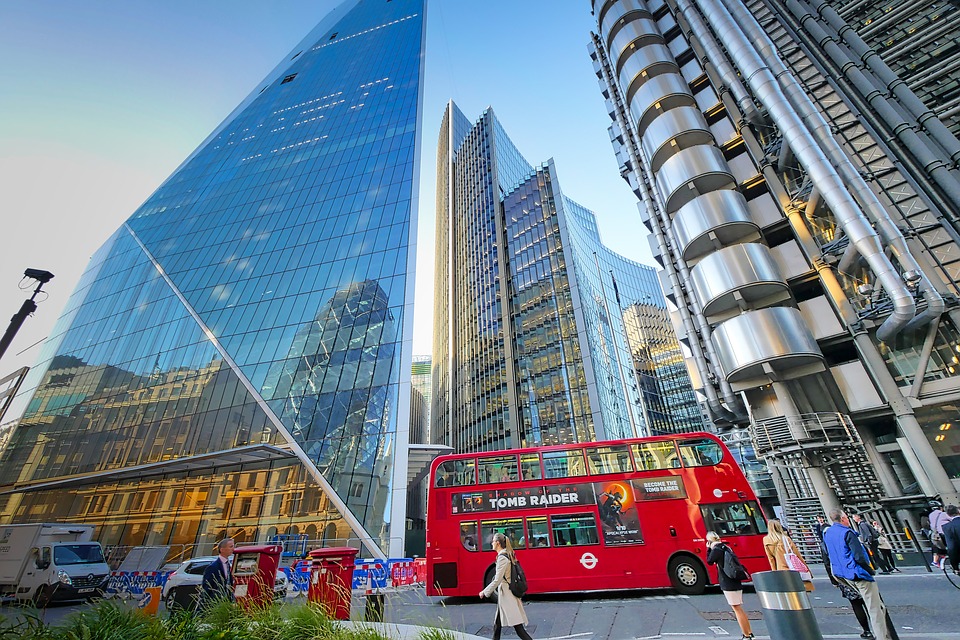UK job vacancies have hit their highest level since the start of the pandemic as the easing of lockdown measures has led employers to start recruiting.
In the February-to-April period there were 657,000 vacancies, up about 48,400 on the previous quarter.
The unemployment rate fell slightly to 4.8% in the three months to March, down from 4.9% in February, the Office for National Statistics said.
The ONS said there were “early signs of recovery” in the jobs market,
However, despite the rise in job vacancies over the past 12 months, the level remains almost 128,000 below its pre-pandemic level in the January-to-March quarter of 2020.
The official figures confirm several reports in recent weeks by recruitment companies that they are seeing a rise in job advertisements, leading to concern among some employers that they could face staff shortages.
The ONS said the number of workers on payrolls had risen by 97,000 between March and April, but was still 772,000 lower than before the pandemic struck.
Darren Morgan, ONS director of economic statistics, said the number of employees on payroll “rose strongly in April” as the economy began to reopen, continuing an improvement from its November trough.
But he said: “There remains, however, three-quarters of a million people fewer on the payroll compared with the pre-pandemic peak.
“With many businesses reopening, the recent recovery in job vacancies continued into April, especially in sectors such as hospitality and
Chancellor Rishi Sunak said the latest figures showed the impact of the government’s focus on protecting jobs during the pandemic.
“While sadly not every job can be saved, nearly two million fewer people are now expected to be out of work than initially expected – showing our Plan for Jobs is working.”
Business leaders welcomed the vacancy levels as positive signs for the economy, but warned there was still a long way to go.
To find out more about how we can assist you with your Second Charge Mortgage please click here
‘I’ve applied for 500 jobs’
As many experts have pointed out, Tuesday’s positive jobs news does not disguise that many people in the labour market are still struggling.
Interior designer Sheila Smith lost her job working for hospitality venues in October – and despite some 500 applications is still unemployed.
She worries that businesses are looking for someone younger and cheaper than her. “I’ve been for a few interviews, which I haven’t been successful at,” she told the BBC.
She said the most frustrating aspect of the job search was the lack of communication from potential employers.
“When you take time to go for a job interview, get yourself prepared, but then you hear nothing back – that’s the most frustrating thing.”
Although the number of job vacancies is rising, they are still well down on pre-pandemic levels and Sheila reckons there’s about 200 people applying for each post advertised.
“It destroys your confidence,” she said. “I’ve worked solidly for years in the industry, and you find yourself in this situation scrambling for jobs.
“You feel like you’re stuck at square one.”
line
Matthew Percival, director of people and skills at the CBI business lobby group, said: “Businesses are starting to report vacancies they’re struggling to fill so government support for skills and retraining is essential.”
He added that companies still needed clarity over the rules for the next stage of reopening the economy, which is currently planned for 21 June.
Research consultancy Capital Economics said the fall in the jobless rate showed that the jobs furlough scheme was “insulating the labour market”.
The firm added that although it expects the unemployment rate to rise over the next few months, that would most likely be due to people returning to the labour market rather than people losing their jobs.
The most encouraging sign here is that vacancies over the three months to April averaged 657,000. The ONS said its experimental monthly vacancy statistics for April itself were “at near pre-pandemic levels”. There are increasing numbers of employers expressing concern about recruitment difficulties.
The jobs data continue to show some signs of resilience and recovery, with unemployment down again to 4.8%, and employment up for the fifth consecutive month. It’s so far a slow recovery based on gradual re-openings seen up until last month.
The pattern is, though, as uneven as the lifting of the restrictions. Hospitality and retail jobs are still well down on pre-pandemic levels, and this means all of the loss in payrolled jobs and more can currently be explained by what has happened to young workers. There are still over four million workers on the furlough scheme, who count as employed.
Source: BBC
Discover our Second Charge Mortgage Broker services.










